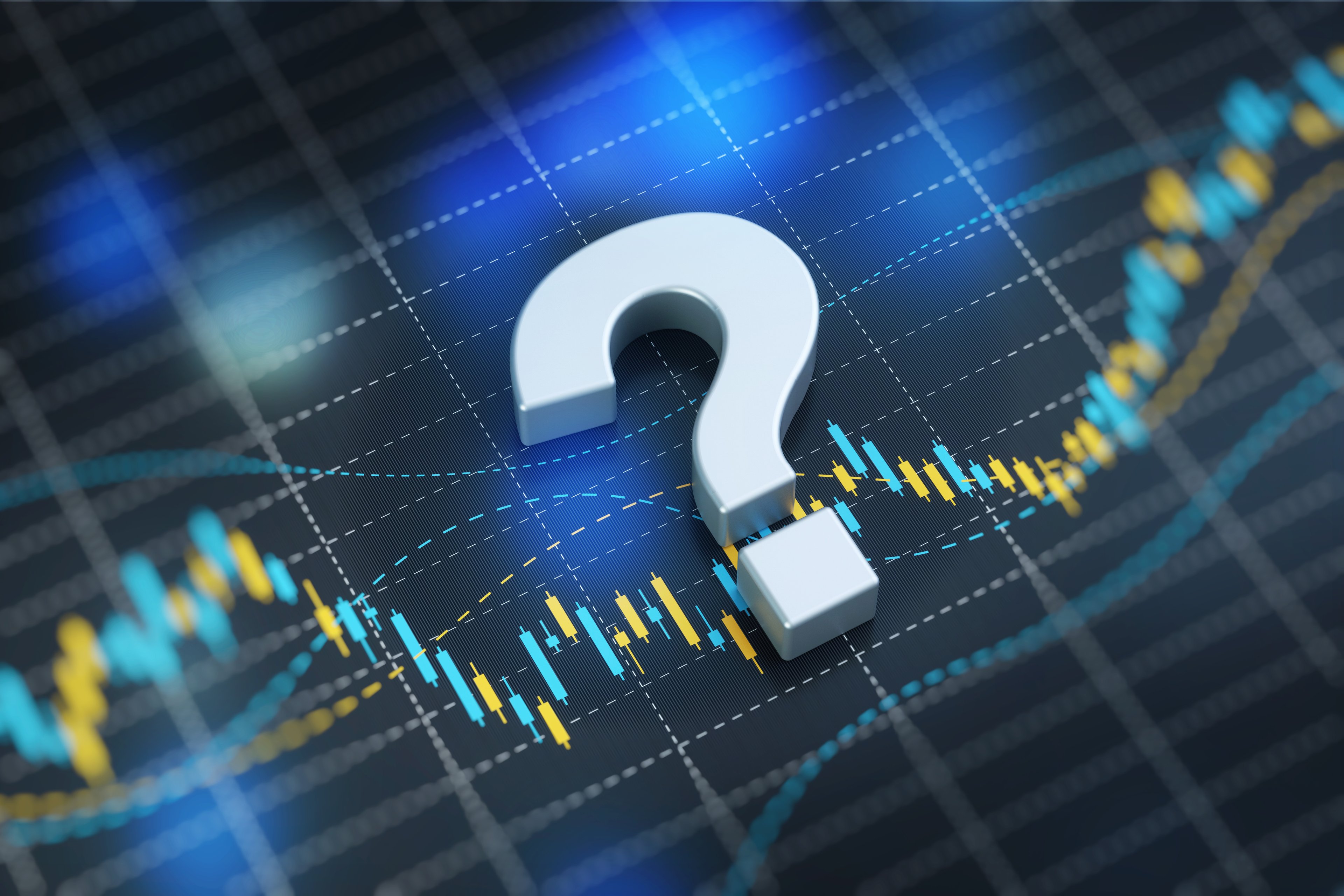Brendan: Hey Fools, Brendan Byrnes here, joined by Andrew Tonner, our Tech and Telecom Analyst for Fool.com.
Andrew, let's talk Apple, but we're not going to talk about iPads or iPhones or iPods right now. Maybe a little bit, but let's focus on the app ecosystem, and some recent numbers that we got on that.
Andrew: Yeah. I think we saw a data point that Apple has now surpassed 40 billion app downloads from its App Store, and half of that came in 2012 alone.
I think we need to see an evolution in the thinking about Apple as an investment, from the ecosystem really being the sustainable competitive advantage. It's Apple's moat, but it's not where they make most of their money.
It's so easy to focus on things that really drive the profit, and rightfully so; things like the iPad and iPhone, which are the vast majority of Apple's overall sales and profitability.
But now that Apple has gained such substantial share in both the smartphone and tablet market space, people are starting to get more and more locked in on these ecosystems, and we're seeing the content consumed and content stored on these ecosystems now only increasing. That's, I think, what really makes the experience sticky for someone looking at Apple.
You're so much less likely to defect to another ecosystem when you have $50 worth of apps and movies already downloaded. We see that in some of the loyalty numbers we're also seeing analysts uncover for Apple, as well. Things like 90% of iPhone users are planning on purchasing an iPhone when they purchase their next smart device, as well.
At the same time, now that Apple has complementary and leading products in both smartphones and tablets, they feed into one another because, again, we know you're more likely to purchase a tablet once you've purchased a smartphone, and you're more likely to purchase the same company's tablet as you're likely to purchase their smartphone.
It really solidifies the fact that Apple's real advantage is going to, over the longer term, feed into its ecosystem. That's also reassuring because, again, we've never seen competition be greater for Apple, as well. In the tablet space, now, we have the Microsoft Surface, and an updated and largely-improved Kindle Fire HD, as well.
Google is going to improve its Nexus 7; they're going to come out with a larger form factor, as well, and now we see Research In Motion and Nokia trying to regain the turf that they lost in the smartphone space, as well.
Again, people say that's a huge knock against Apple. I think it's been a headwind for the stock but, at the same time, I think it's slightly misunderstood that Apple's competitive stance is actually a lot stronger than most people give it credit for.
Brendan: Yeah, I totally agree. Definitely an overlooked advantage, I think, for Apple. Thank you so much, Andrew. Make sure you head over to Fool.com for more analysis.










